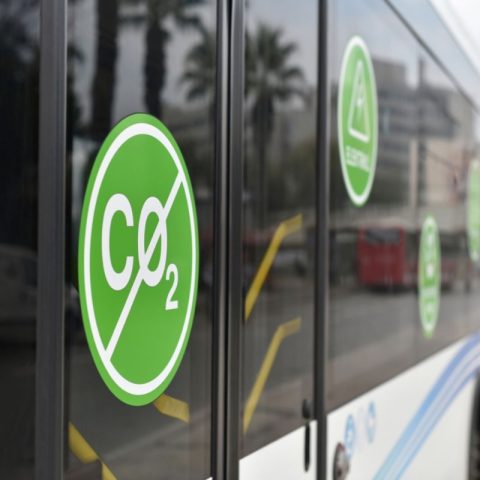Uitp: «Don’t hinder public transport on the path to Green Deal goals»
Uitp‘s warning. The international association of public transport, in fact, invited politics and industry to help and not hinder the ability of the reality of public transport to achieve the objectives set by the European Green Deal. In a statement on the proposed revision of the interpretative guidelines for Regulation (EC) No. 1370 on public […]

Uitp‘s warning. The international association of public transport, in fact, invited politics and industry to help and not hinder the ability of the reality of public transport to achieve the objectives set by the European Green Deal.
In a statement on the proposed revision of the interpretative guidelines for Regulation (EC) No. 1370 on public passenger transport services by rail and road (“PSO Regulation”), a broad coalition of transport stakeholders calls on the European Commission not to undermine the legal framework for the organization of public transport.
The PSO Regulation, specifically, establishes the conditions under which transport operators can be compensated or receive exclusive rights from public authorities to provide public transport services in the general interest. The regulation, and the way it is interpreted, is therefore of crucial importance for the organization of European public transport and the rail sector.
The coalition, composed of Uitp, Ccre-Cemr, Cer, Emta,, Eurocities, Polis and SgiEurope, welcomes the Commission’s initiative to revise the guidelines of the PSO Regulation as an opportunity to provide consistency and a clear regulatory framework. The text in its current version suggests new legal concepts and new interpretations of existing law, which affect the organization of public transport in Europe.
It also introduces a new demand-driven approach that is incompatible with sustainable mobility planning. In the released statement, the UITP-led coalition calls for legal consistency for public transport in Europe, especially at a time when the industry’s efforts are focused on sustainable recovery from the pandemic and a just transition to a climate neutral Europe.








